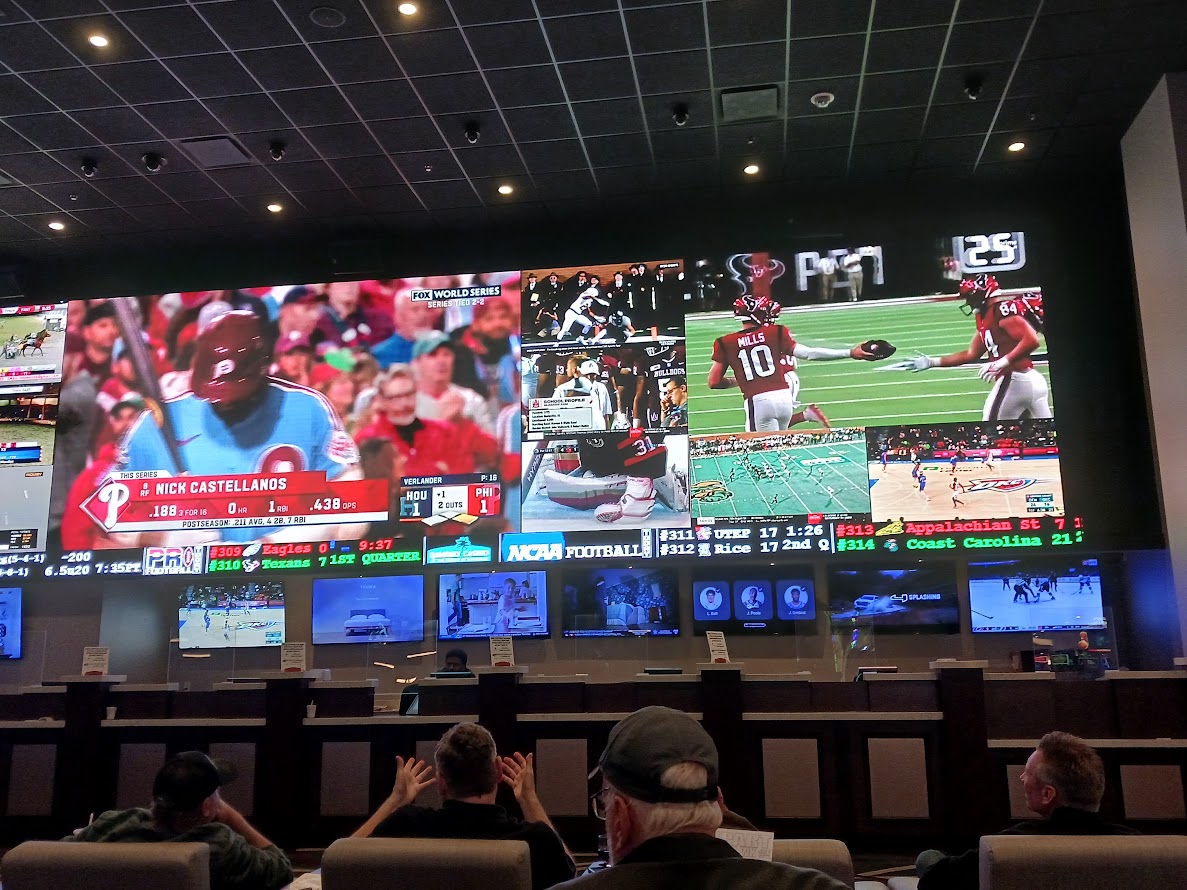I always held the opinion that daily fantasy sports sites are gambling and not a game of skill. While skill plays a part, there are many variables out of the player’s control. This is similar to poker.
These daily fantasy sites, often little more than player prop parlays, don’t have the same responsible gambling compliance requirements as legitimate sportsbooks. The sites often operate in states without any real gambling, meaning more players are inexperienced. The odds tend to be much worse than a standard sports bet. Players aged 18, 19, and 20 are accepted when state law requires bettors to be 21.
The worst part is these so-called skill sites back players off, restricting players to tiny bets if they show an ability to win. That tells me the companies know their product is gambling and not a game of pure skill.
These sites don’t belong in the market without proper regulation. A solution must be found that addresses this.
Why most daily fantasy sites are no different than sportsbooks
True daily fantasy sports, the type Congress excluded from the Unlawful Internet Gambling Enforcement Act in 2006, involve friendly tournaments. A group of family and friends might play seasonlong tournaments or a playoff format. Daily fantasy sports (DFS) sites like DraftKings and FanDuel did not exist yet.
As DFS exploded, it was clear this was more gambling than skill. It was a commercial business with large prize pools instead of friendly competitions. The same can be said of the new product, often called DFS+ or DFS 2.0 by the industry.
Player stat daily fantasy pick’ems are just poorly disguised prop bets
Player prop DFS sites like Prize Picks offer players games where two to six outcomes are picked. The player wins by making most or all the picks correctly, depending on the number involved.
Sportsbooks offer similar pick’em tickets. The player chooses a basket of player props and puts them into a bet, choosing over or under. The player wins by picking all correctly. This is called a player prop parlay.
It is disingenuous for DFS sites to be the other player in a contest. Fantasy sports were meant for individuals to compete against each other. If there is no other player, and the company posting the bets has an interest in if the player wins or loses, that is sports betting. There is no other way to explain this away as fantasy sports.
At a minimum, it violates the spirit of DFS laws. Many state attorneys general and regulators opined that these types of wagers are either illegal or require the same licensing as online sportsbooks.
Player complaints are similar to online sportsbooks
DFS+ sites like Prize Picks claim to be exempted from gambling laws as it is a skill game. However, many players report on social media that they are limited, often to $5 per contest, at these types of sites. The threads are often full of others reporting the same. I have never seen any of the DFS+ operators refute the allegations that players get limited for winning too much.
If a game is in fact under the skill exception to gambling laws, limiting skilled players is a massive problem. It is an admission that the games don’t fall under skill exceptions because if a player demonstrates they possess the ability to win, they are effectively kicked off the site. Only losing players with lower skills are permitted to play. That is also a responsible gambling issue.
Prop DFS sites are poorly regulated and fail
It seems turning a profit at DFS+ prop betting sites is tough. In 2023, No House Advantage, a DFS prop site, stopped paying players. Its customer support department vanished. This is a story as old as time in the unregulated online gambling industry. After months of no progress or news, Betr acquired the debt and covered the balance of affected players.
ThriveFantasy now appears to be in the same boat. It went silent on social media last month among a mountain of player complaints. However, that has not stopped the company from sending out promotional emails to attract new deposits while it can’t pay existing withdrawal requests. This behavior also mimics that of offshore betting companies.
The only answer here is regulation. That requires the companies to be bonded and insured in case of non-payment. In other words, these are sportsbooks that must be licensed in the same way as companies like BetMGM and Caesars.
Affiliate deals seem like another red flag
One major so-called fantasy sports pick’em site made waves behind the scenes in the affiliate industry in recent months. One recently publicly spoke about it.
Prize Picks removed some affiliates from its program. The reason was not any type of fraud. It was because these affiliate sites are better at SEO than Prize Picks. It seems the solution was to boot the people sending them players out of the program in an attempt to change the search engine rankings in their favor.
Affiliates are paid to send players to gambling companies. A flat fee or percentage of revenue is paid to affiliate companies. It takes months or years of hard work to build search engine rankings. One does not have to try to beat a partner site at common ones. It can happen organically without any nefarious behavior.
When a company fails at its SEO goals, and instead fires marketing partners who acted in good faith because of it, this creates a concern about a company’s ethics. It seems like a way to get marketing partners to work for free and then refuse to pay, just like some seem to be doing to players.




